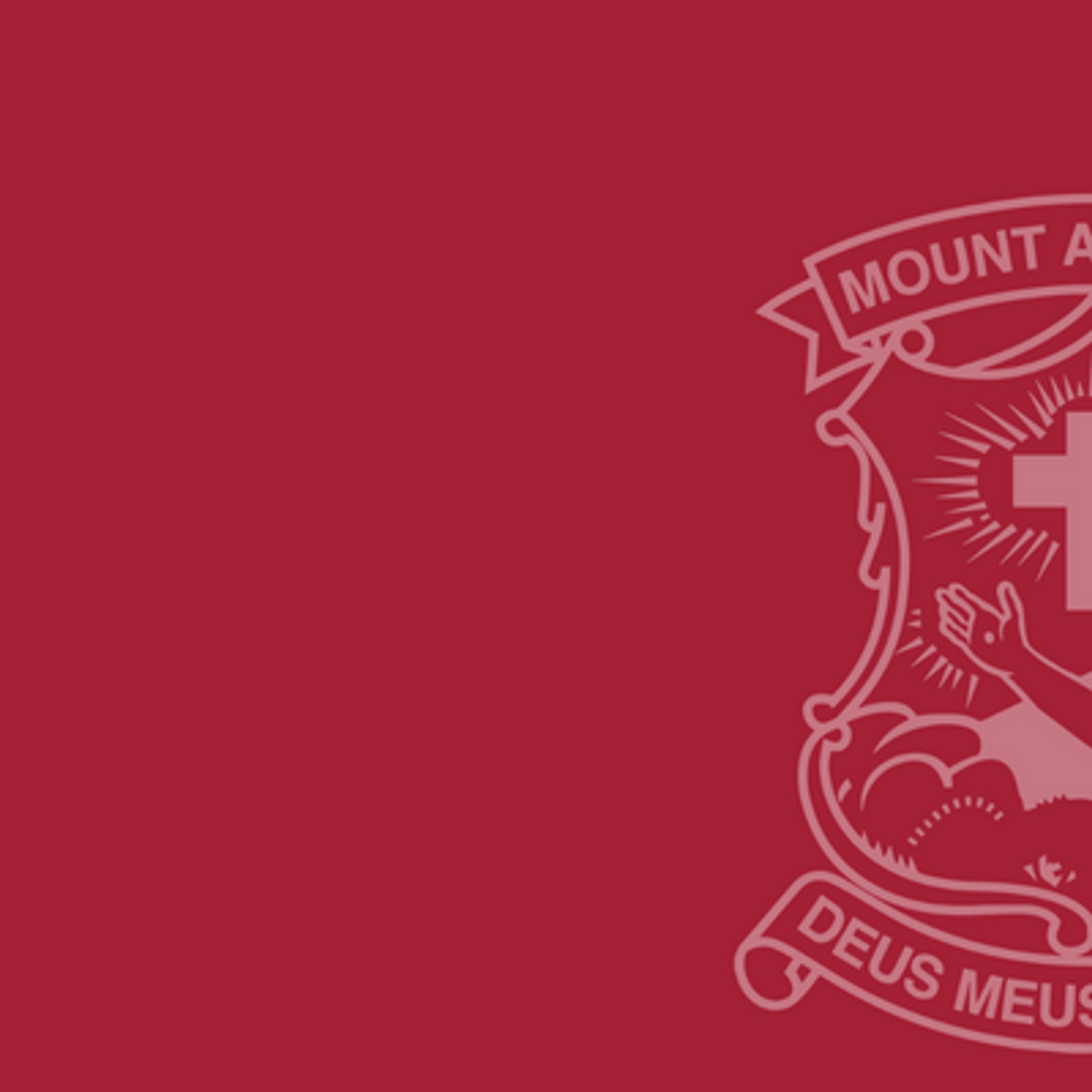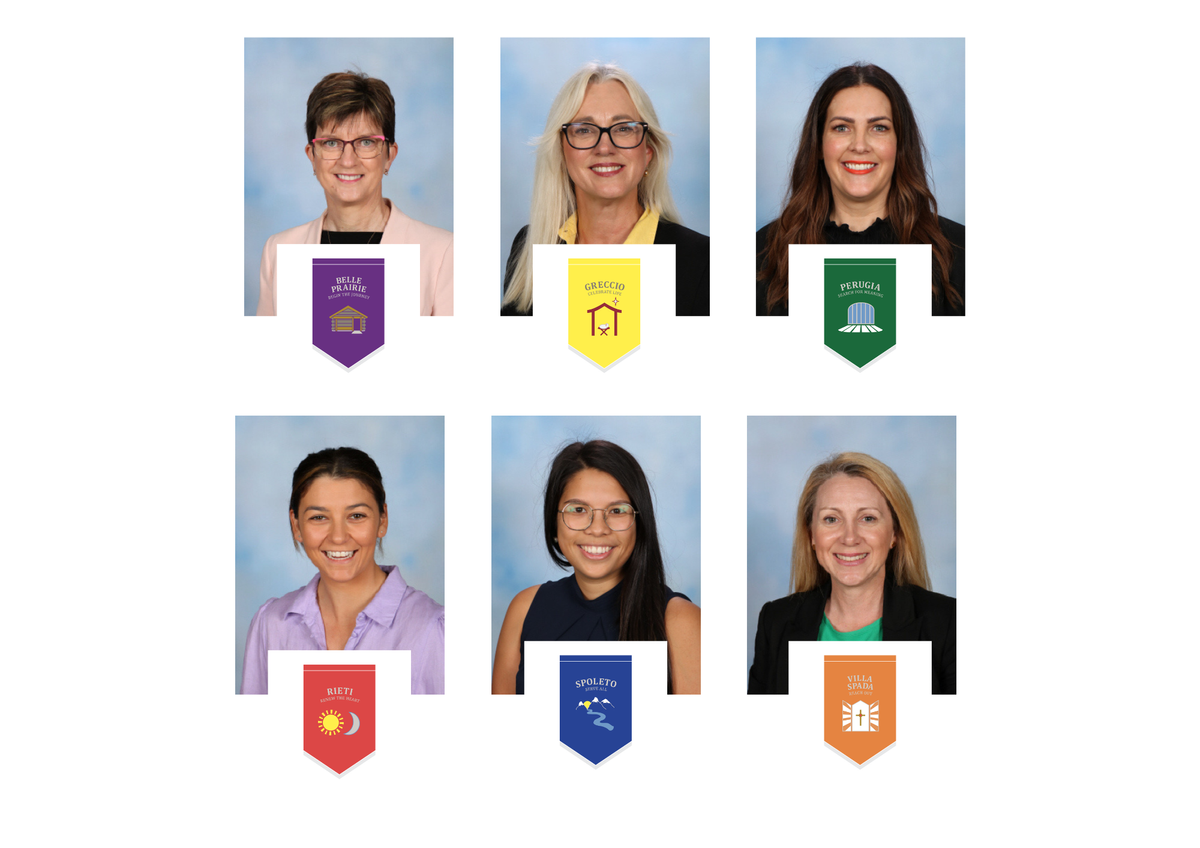Heads of House
Are we playing it too safe?

Heads of House
Are we playing it too safe?


In a world filled with uncertainties and rapid changes, one of the most precious gifts we can give children is the ability to face challenges with confidence and to grow into independent, capable individuals.
Recent research by Deakin University (Staszewska, E. 2023) highlights the intriguing relationship between parental attitudes toward risk and children's ability to confront challenges. While most parents wish for their children to be resilient, the study found that “Of 645 Australian parents surveyed, four in five limited their kids’ participation in “risky” activities”. This realisation challenges parents to become more aware of the moments when they inadvertently hinder their children's growth by rescuing, swooping in or removing obstacles.
Monash University Professor, Marilyn Fleer, advises these opportunities to build competence and confidence allowed kids to navigate risky situations in the future.
Her research shows that “when children build that capacity to be able to make those judgements and make assessments, what happens is that they develop a kind of risk intelligence”.
What is the first step to helping our young people develop risk intelligence?
Mount Alvernia provides a multitude of opportunities for students to build their resilience capabilities. Camps, retreats and interhouse competitions across a variety of disciplines exist for our young people to build self-confidence, learn problem-solving skills, and develop a sense of independence. It is a missed opportunity when students who wish to opt out are supported and kept away or at home.
Mount Alvernia is a school of opportunity, and it is within this nurturing and supportive environment that our students can learn, grow, and develop resilience. We know that adolescence is a time of exploration and self-discovery, and we are here to guide and support your child through their journey. Our staff are not only educators; they are mentors and advocates who are genuinely on your child’s side, both through the challenges, as well as the triumphs. We see education as a partnership, and together, we can help your young person reach their full potential and thrive.
As we move forward on this journey together, let's remember that resilience is not born from comfort; it emerges from confronting and overcoming adversity. Our young people have incredible potential, and it's our role to nurture that potential by allowing them to grow through their own experiences.
References:
Jerebine, A., Mohebbi, M., Lander, N., Eyre, E. L. J., Duncan, M. J., & Barnett, L. M. (2024). Playing it safe: The relationship between parent attitudes to risk and injury, and children’s adventurous play and physical activity. Psychology of Sport and Exercise, 70, 102536. https://doi.org/10.1016/j.psychsport.2023.102536
Staszewska, E. (2023, October 2). Better safe than sorry? Australian parents among the most risk-averse in the world. SBS News. https://www.sbs.com.au/news/article/better-safe-than-sorry-australian-parents-among-the-most-risk-averse-in-the-world/say6j1yt0